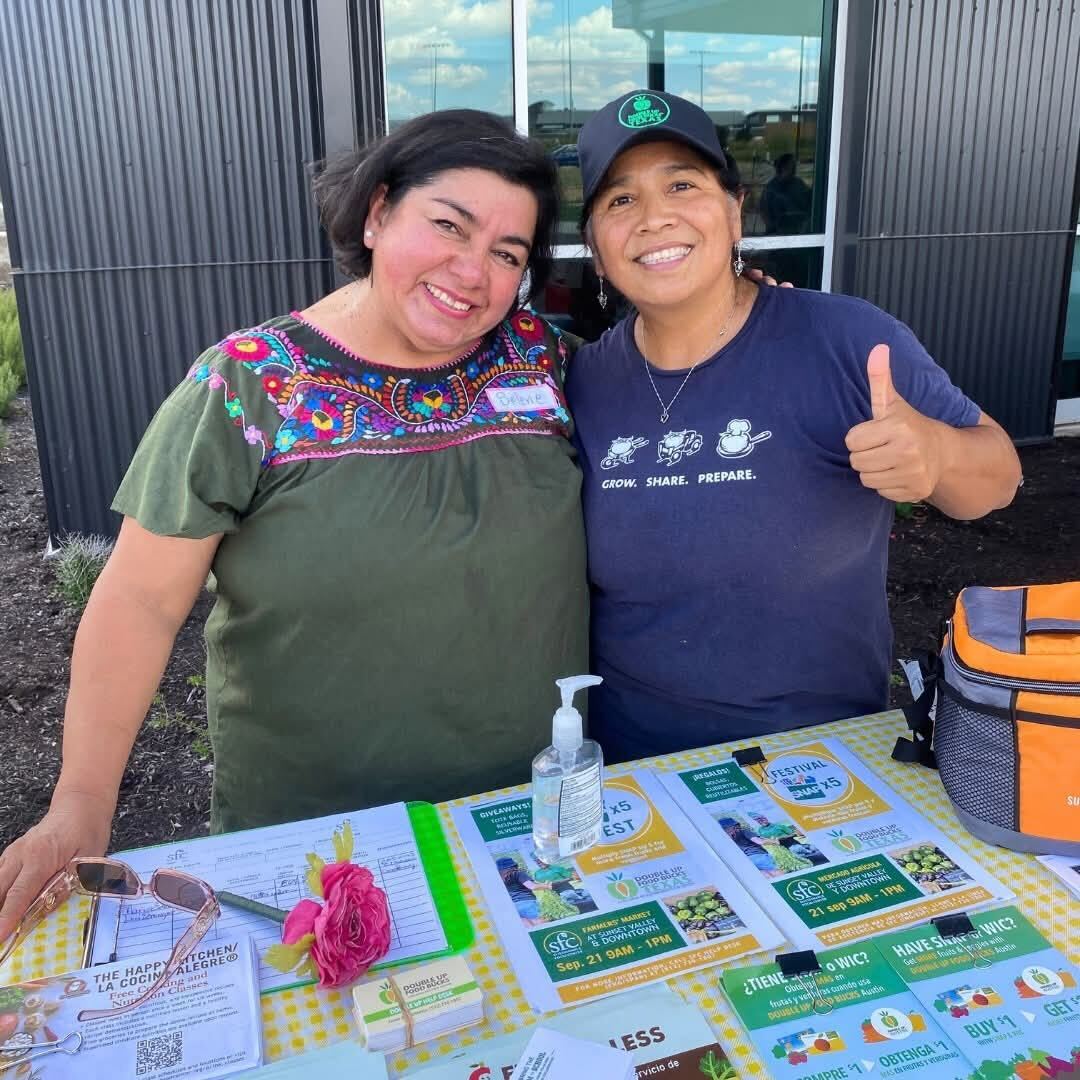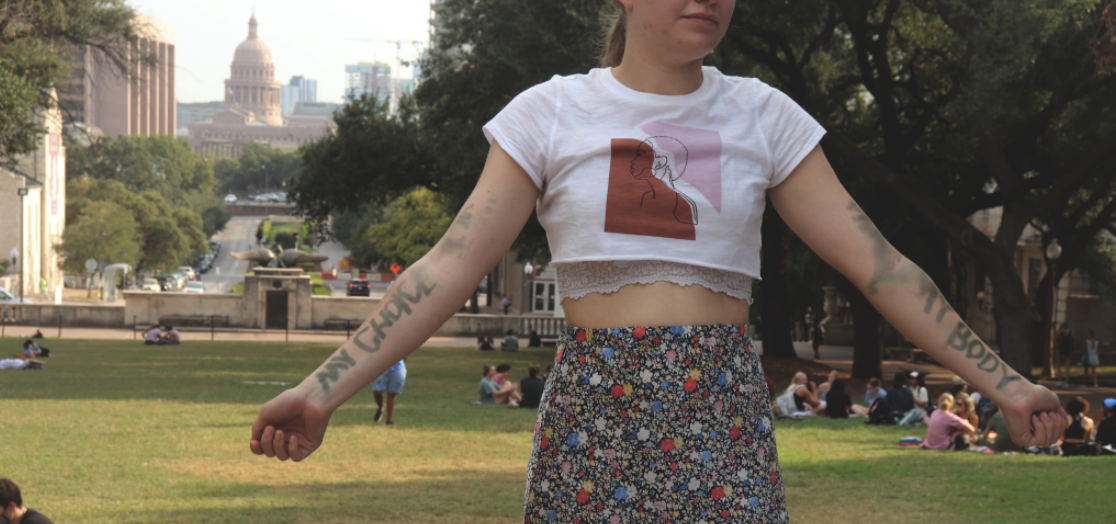On Sept. 1, Texas announced their new “Heartbeat Bill,” which restricts women from having legal abortions after six weeks of pregnancy. Ever since this law was passed, students at The University of Texas at Austin have been working harder than ever to grab the attention of their peers and representatives to protest against the Texas legislature.
Many official and unofficial organizations of social justice have been created here at UT Austin for students to discuss and participate in equal rights movements. These organizations are run by activists on and off campus who are passionate about equity, especially during this time.
So, how are student’s personal views reflected in organized protests pertaining to abortion? Junior International Relations and Global Studies major and co-president of the Feminist Action Project Valerie Ferguson emphasized the bigger problems Texas government should be dealing with rather than the lives of women.
“People with ovaries are entitled to their bodies. “Christian” men and “pro-lifers” should not be the ones making decisions for upwards of 14 million women in Texas,” Ferguson said. “Especially when there are other things to worry about, like the pandemic we’ve been in for two years.”
Transitioning to the importance of organized protest around abortion, freshman Biology major and member of the Feminist Action Project Kaydee Llyod highlighted who the protests are for and what role people participating in protest play.
“It’s important to go out and protest because there’s a lot of people who don’t have the ability to make their voices heard, especially lower class women and women of color, that don’t have the voices we do and have the privilege of going to a school right next to the capitol. It’s important for us to advocate for their bodies, anotomy and ability to have an abortion, especially when there’s so many factors of pregnancy,” Llyod said.
Even students beyond the 40 acres have made efforts to join the fight alongside women, such as sophomore Theatre major at Texas A&M University O’Mariom Stanley-Reed who has been working alongside students at UT in a small coalition on campus organizing protests at the Texas Capitol.
“It’s great in the moment being with everybody in protest but the aftermath of people recognizing everybody’s work to try to change policy, speaking about these topics of abortion and womens rights, just seeing these little things make it worth it. I don’t want to be the face of this movement because it’s not something that I struggle with, but with these conversations you can make an influence on people, and at the end of the day it’s all we could ask for,” Stanley-Reed said.
The political climate in Texas has made a personal affect on students such as freshman government major Madison Fail who is a member of the UT Senate, Feminist Action Project and a part of the small campus coalition. Although Fail says she would not want to be in this situation, the effort must be put in to make change happen.
“I would rather not have to protest for things like this but we need to do whatever we can to overturn the situation we are in and gather people to protest and get them to vote,” Fail said.
Students of the 40 acres can look more into activist organizations here on campus through Instagram and use these resources to find out more about how they can create change.
































